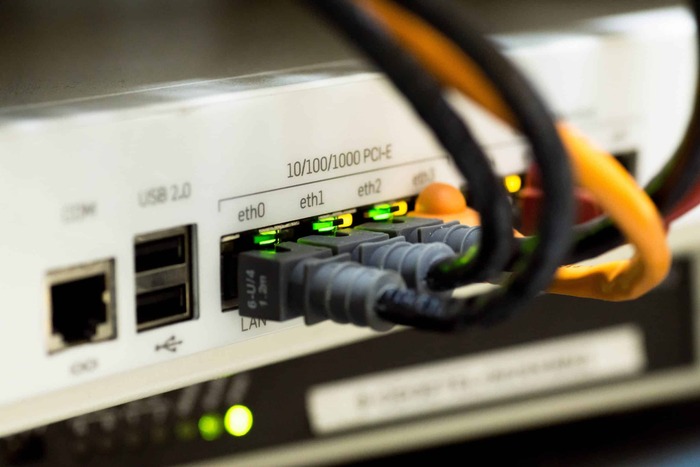In the dynamic landscape of residential internet services, one crucial aspect that subscribers often encounter is the concept of data caps. These limitations, placed on the amount of data a user can consume within a billing cycle, have significant implications for internet usage. In this article, we delve into the world of data caps, exploring what they are, why they exist, and how users can navigate and manage their impact on their residential internet experience.
Defining Data Caps
Data caps, also known as data allowances or usage limits, are restrictions imposed by internet service providers (ISPs) on the amount of data a subscriber can use in a specific period, typically on a monthly basis. This data includes both downloads and uploads.
Why Do Data Caps Exist?
The implementation of data caps by ISPs serves several purposes. One primary reason is network management. By placing limits on data usage, ISPs can better control the flow of traffic on their networks, ensuring a consistent and reliable service for all users.
Preventing Network Congestion
In times of high demand, network congestion can occur. Data caps help prevent excessive strain on the network by discouraging heavy users from consuming disproportionate amounts of bandwidth, thus maintaining a smoother experience for all subscribers.
Fair Resource Allocation
Data caps contribute to fair resource allocation among users. By discouraging excessive usage by a few, ISPs aim to provide a more equitable distribution of resources, ensuring that all subscribers have access to a reasonable share of the available bandwidth.
Encouraging Tiered Plans
Many ISPs offer tiered plans with varying data caps to cater to different user needs. This allows users to choose plans that align with their usage patterns, with lighter users opting for lower-cap plans and heavier users choosing higher-cap plans.
The first step in navigating data caps is to understand your own internet usage patterns. Consider the activities that consume the most data, such as streaming high-definition video, online gaming, or large file downloads.
Monitoring Data Usage
Many ISPs provide tools or online portals that allow users to monitor their data usage in real-time. Regularly checking these tools helps you stay aware of your consumption and prevents unexpected overages.
Choosing the Right Plan
When selecting a residential internet plan, carefully evaluate your needs and choose a plan with a data cap that aligns with your usage. If you consistently approach or exceed the cap, consider upgrading to a higher-tier plan like an unlimited internet plan.
Prioritizing Critical Activities
If you find yourself nearing your data cap towards the end of the billing cycle, prioritize critical activities. Consider scheduling bandwidth-intensive tasks during periods when your data usage is less likely to impact your cap.
Optimizing Streaming Quality
Streaming services, particularly in high definition, can quickly consume large amounts of data. Adjusting streaming quality settings to a lower resolution can help conserve data without significantly sacrificing viewing experience.
Utilizing Offline Modes
For activities like streaming and gaming, take advantage of offline modes when available. Downloading content for offline use in advance can significantly reduce real-time data consumption.
Regularly Reviewing Provider Policies
Stay informed about your ISP’s policies regarding data caps. Policies may change, and providers may offer new plans or remove caps altogether. Regularly reviewing these policies ensures you are aware of any updates that may impact your internet usage.
Conclusion
Data caps are a reality for many residential internet users, and understanding how to navigate them is key to maintaining a satisfactory online experience. By being aware of your usage patterns, monitoring consumption, and making informed choices about your internet plan, you can strike a balance between your online activities and the limits imposed by data caps. As technology evolves, it’s essential for users to stay informed and adapt their usage habits to make the most of their residential internet services.


